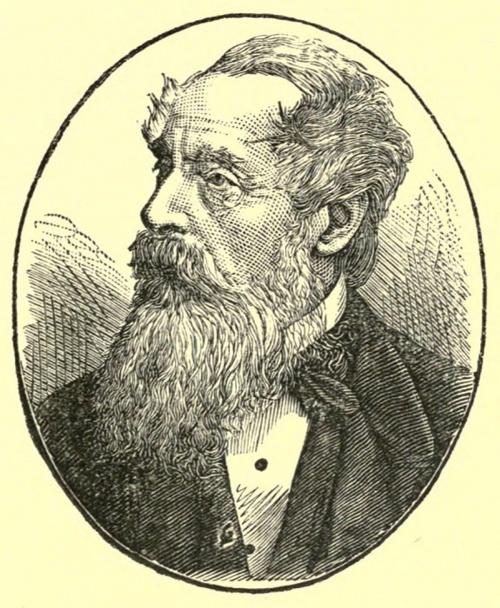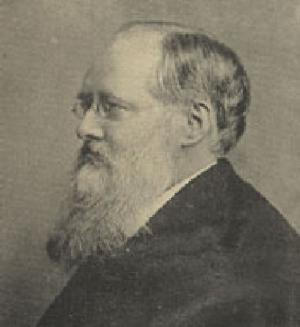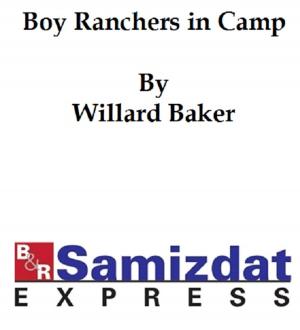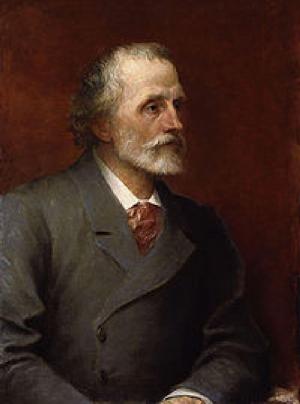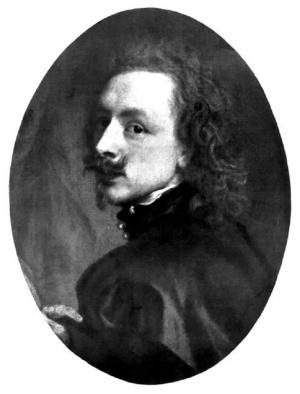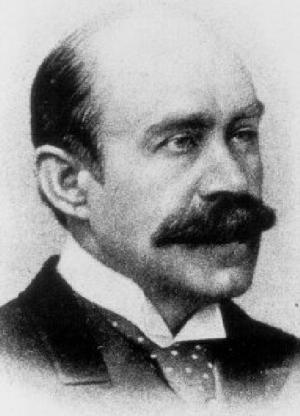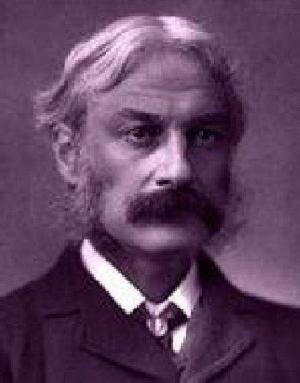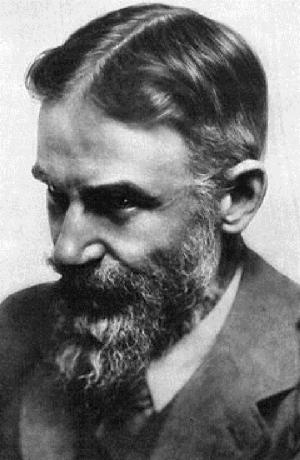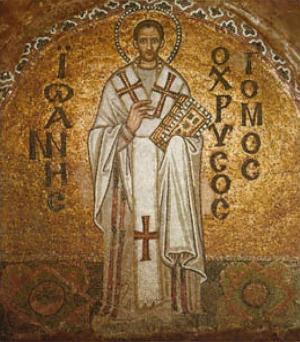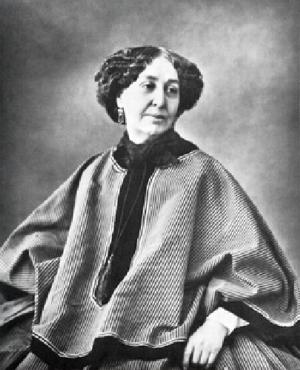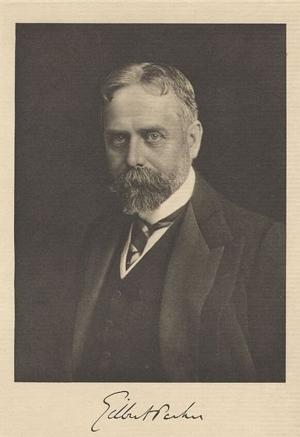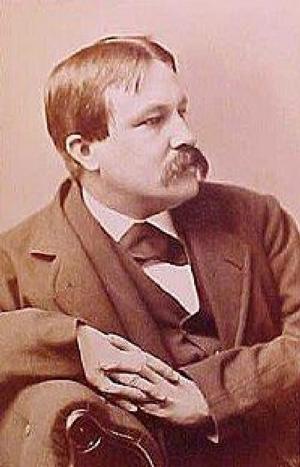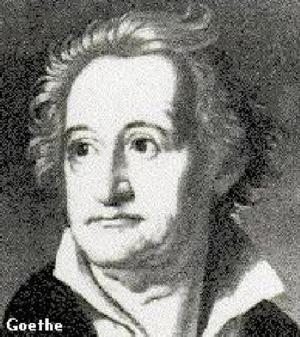Fred Markham in Russia, or the Boy Travellers in the Land of the Czar
Fiction & Literature, Classics, Kids, Teen, General Fiction, Fiction| Author: | Kingston, W.H.G. | ISBN: | 9781455366576 |
| Publisher: | B&R Samizdat Express | Publication: | June 10, 2015 |
| Imprint: | Quench Editions | Language: | English |
| Author: | Kingston, W.H.G. |
| ISBN: | 9781455366576 |
| Publisher: | B&R Samizdat Express |
| Publication: | June 10, 2015 |
| Imprint: | Quench Editions |
| Language: | English |
Fred and his brother have an adult friend, Cousin Giles, who is a naval officer who had served under the boys' father, before injury had compelled his retirement. One day Cousin Giles asks the boys to come with him on a visit to Russia. This was 1856. The boys' mother is glad they are not going too far, such as to the Antipodes. The little party arrive in Russia after some problems with their sea voyage. They tour Saint Petersburg, and then travel a little wider. Meeting various people with a knowledge of the land and its customs, they get some good first-hand information about Russia. Some of their new friends tell long stories about things that have happened to them, or to their own friends, and by this device we learn much more about Russia and its people, and their lives, often very difficult, under the Czars. And the boys have some thrills of their own, for instance during an encounter with wolves. Eventually it is time to return home, and the last two chapters are letters from Fred to his mother, recounting their adventures during the last few days of their holiday. But Fred must have been a remarkably well-educated boy to write in such an adult style! This book was written just after a time when it had become possible to travel to Russia. Many people had availed themselves of this chance, and had written of their journeys. Kingston uses the device of telling us about Russia as seen by the two boys, embellished with the adventures of some of the friends they make. According to Wikipedia: "William Henry Giles Kingston (28 February 1814 - 5 August 1880), writer of tales for boys, was born in London, but spent much of his youth in Oporto, where his father was a merchant. His first book, The Circassian Chief, appeared in 1844. His first book for boys, Peter the Whaler, was published in 1851, and had such success that he retired from business and devoted himself entirely to the production of this kind of literature, in which his popularity was deservedly great; and during 30 years he wrote upwards of 130 tales, including The Three Midshipmen (1862), The Three Lieutenants (1874), The Three Commanders (1875), The Three Admirals (1877), Digby Heathcote, etc. He also conducted various papers, including The Colonist, and Colonial Magazine and East India Review. He was also interested in emigration, volunteering, and various philanthropic schemes. For services in negotiating a commercial treaty with Portugal he received a Portuguese knighthood, and for his literary labours a Government pension."
Fred and his brother have an adult friend, Cousin Giles, who is a naval officer who had served under the boys' father, before injury had compelled his retirement. One day Cousin Giles asks the boys to come with him on a visit to Russia. This was 1856. The boys' mother is glad they are not going too far, such as to the Antipodes. The little party arrive in Russia after some problems with their sea voyage. They tour Saint Petersburg, and then travel a little wider. Meeting various people with a knowledge of the land and its customs, they get some good first-hand information about Russia. Some of their new friends tell long stories about things that have happened to them, or to their own friends, and by this device we learn much more about Russia and its people, and their lives, often very difficult, under the Czars. And the boys have some thrills of their own, for instance during an encounter with wolves. Eventually it is time to return home, and the last two chapters are letters from Fred to his mother, recounting their adventures during the last few days of their holiday. But Fred must have been a remarkably well-educated boy to write in such an adult style! This book was written just after a time when it had become possible to travel to Russia. Many people had availed themselves of this chance, and had written of their journeys. Kingston uses the device of telling us about Russia as seen by the two boys, embellished with the adventures of some of the friends they make. According to Wikipedia: "William Henry Giles Kingston (28 February 1814 - 5 August 1880), writer of tales for boys, was born in London, but spent much of his youth in Oporto, where his father was a merchant. His first book, The Circassian Chief, appeared in 1844. His first book for boys, Peter the Whaler, was published in 1851, and had such success that he retired from business and devoted himself entirely to the production of this kind of literature, in which his popularity was deservedly great; and during 30 years he wrote upwards of 130 tales, including The Three Midshipmen (1862), The Three Lieutenants (1874), The Three Commanders (1875), The Three Admirals (1877), Digby Heathcote, etc. He also conducted various papers, including The Colonist, and Colonial Magazine and East India Review. He was also interested in emigration, volunteering, and various philanthropic schemes. For services in negotiating a commercial treaty with Portugal he received a Portuguese knighthood, and for his literary labours a Government pension."
